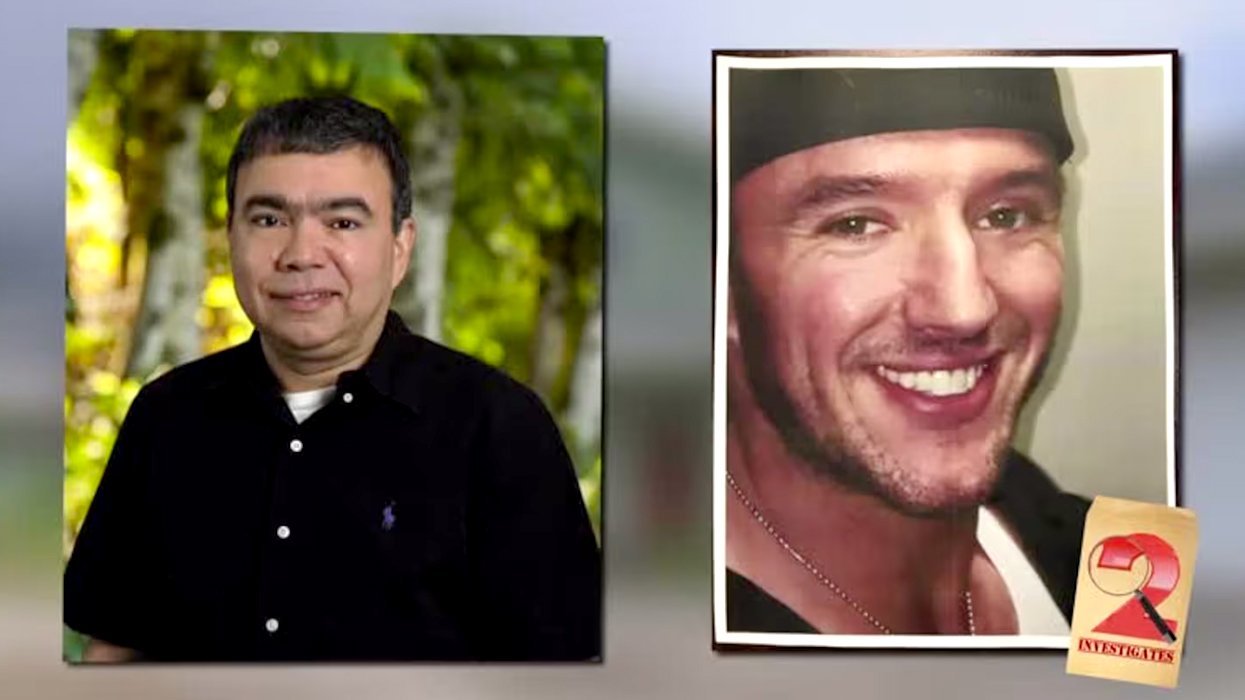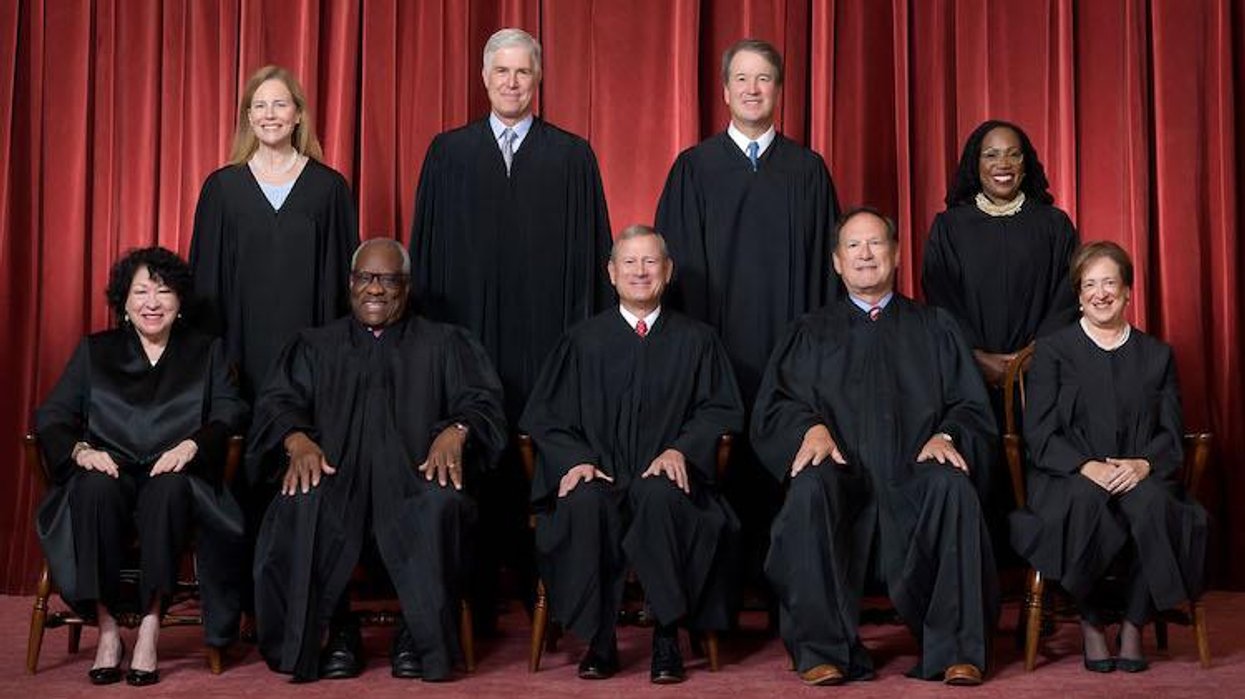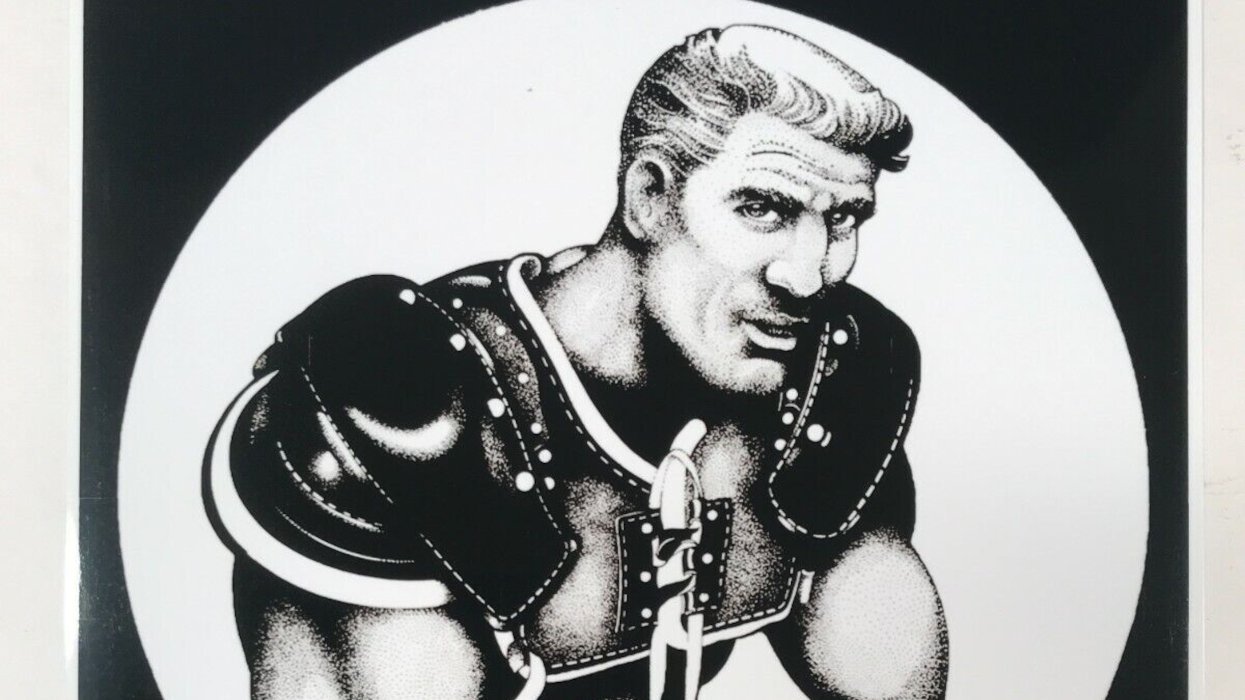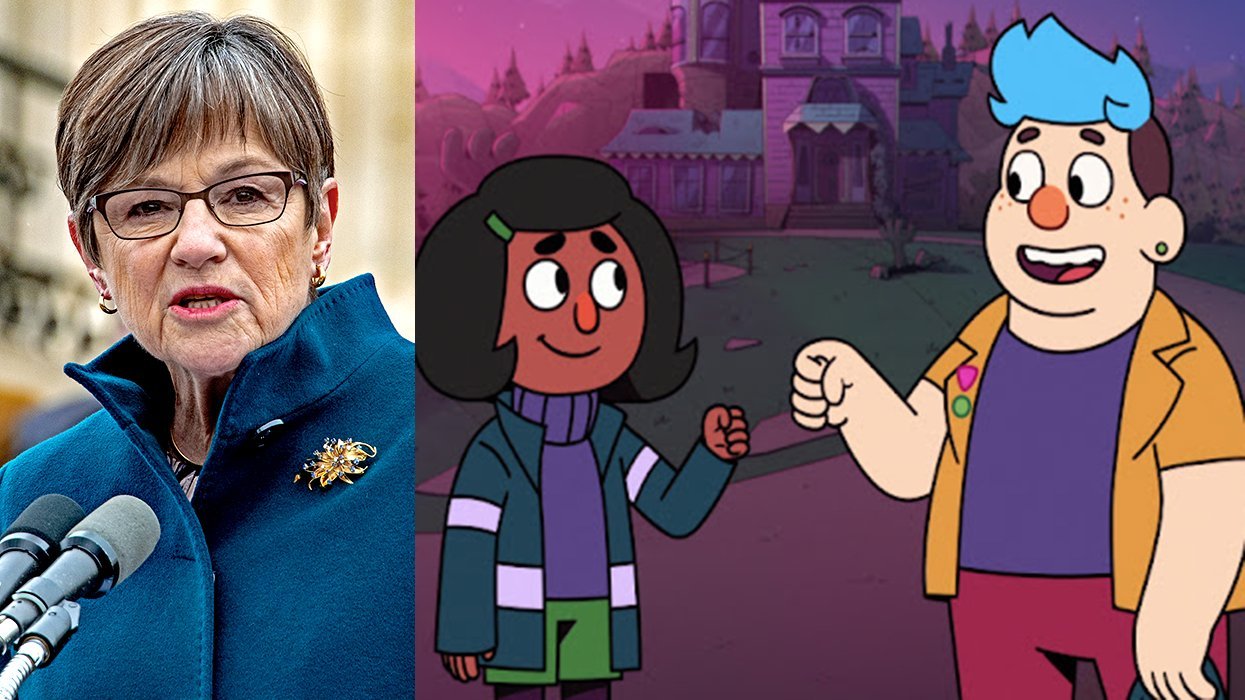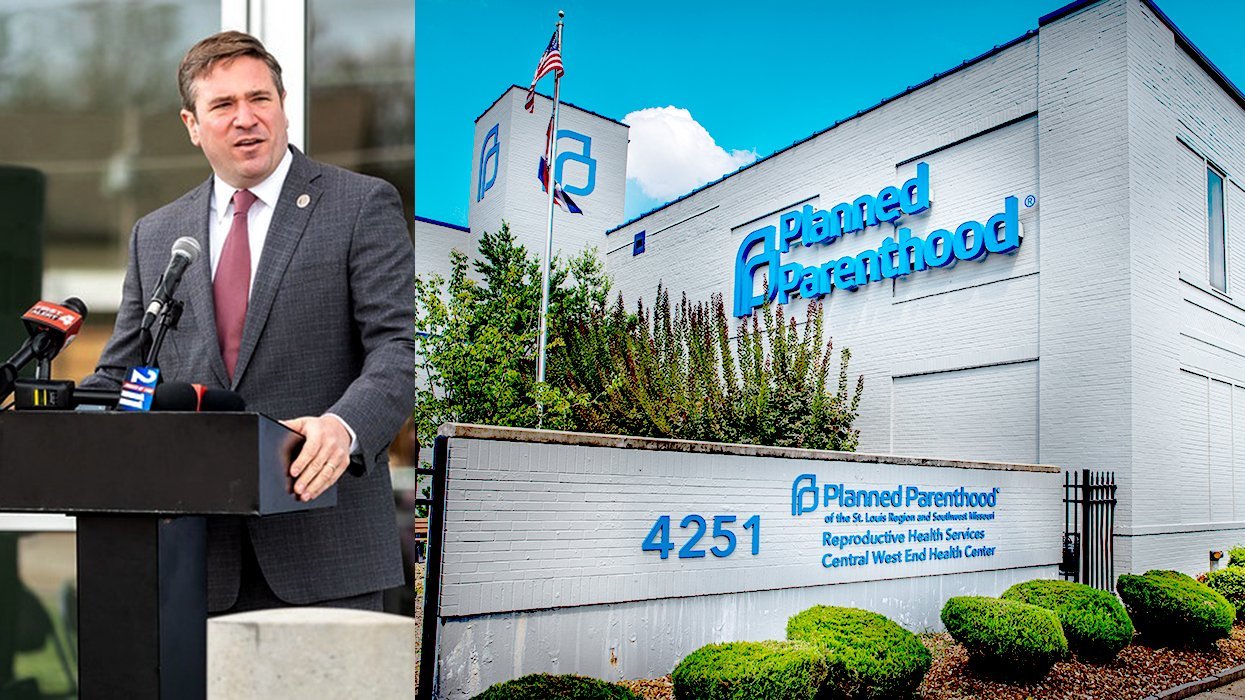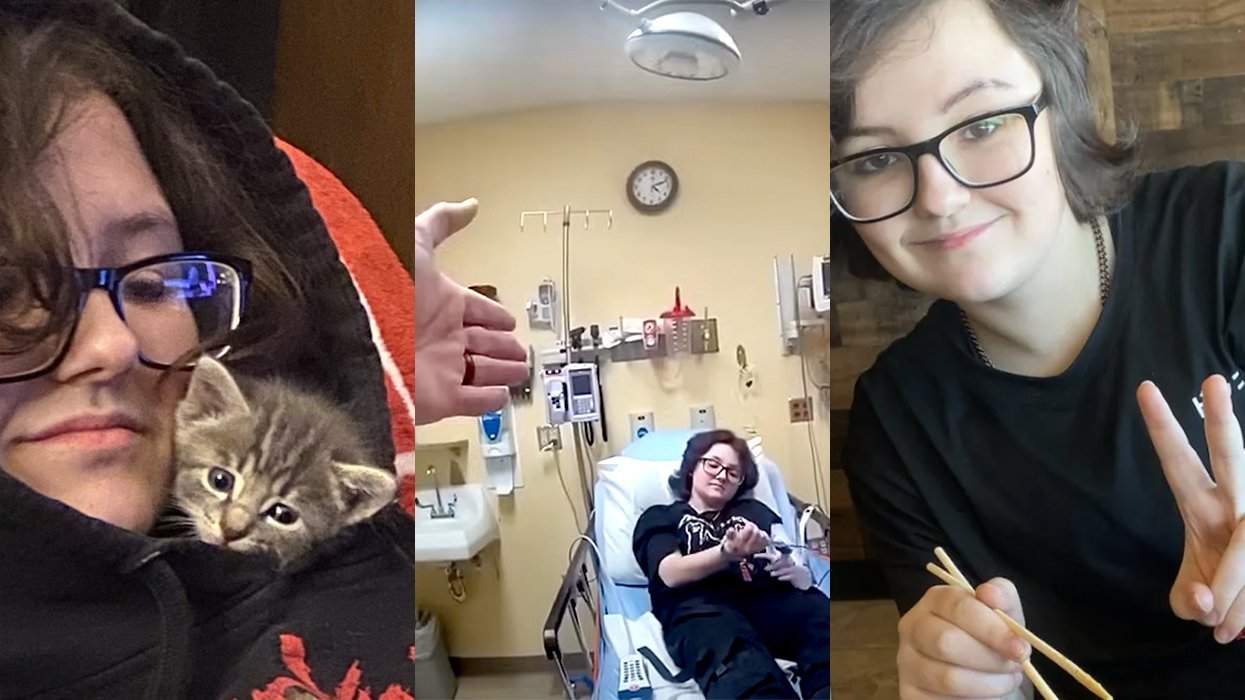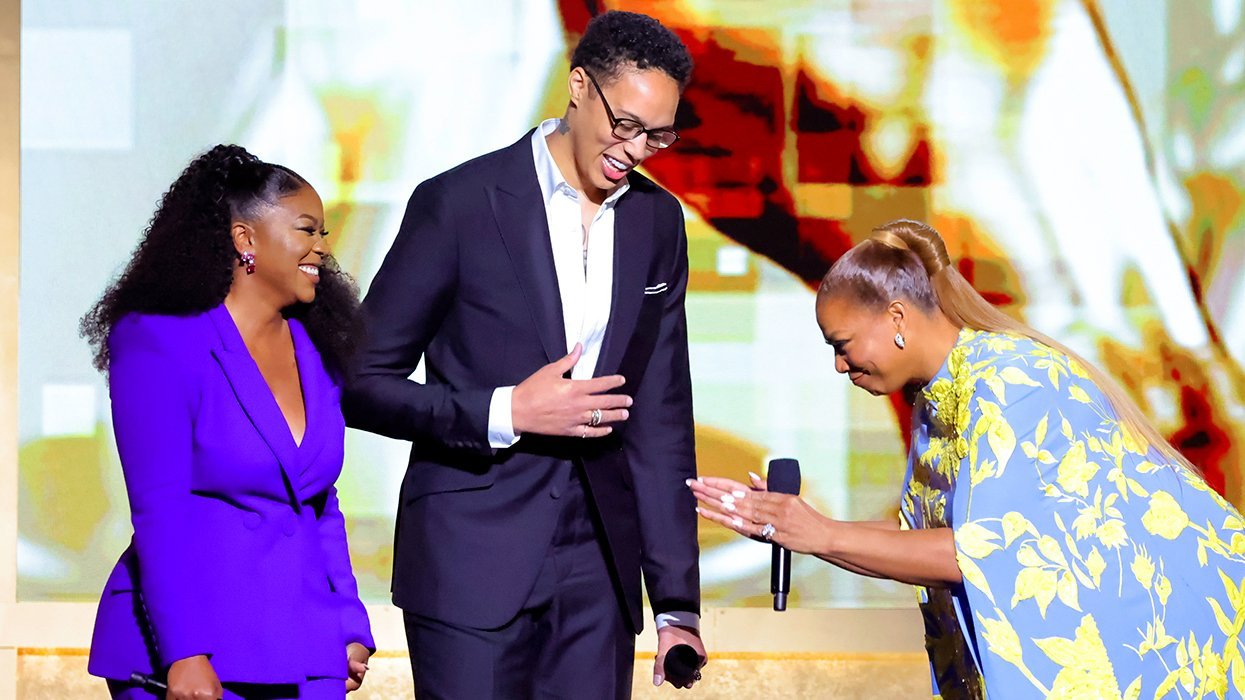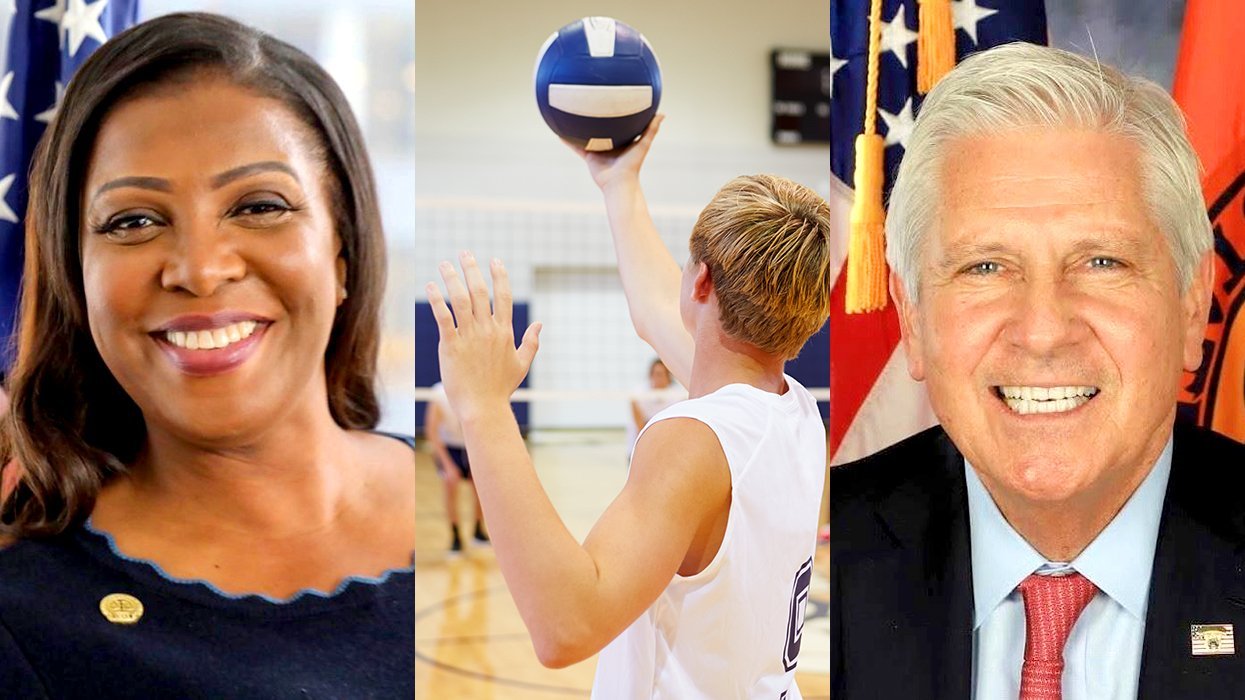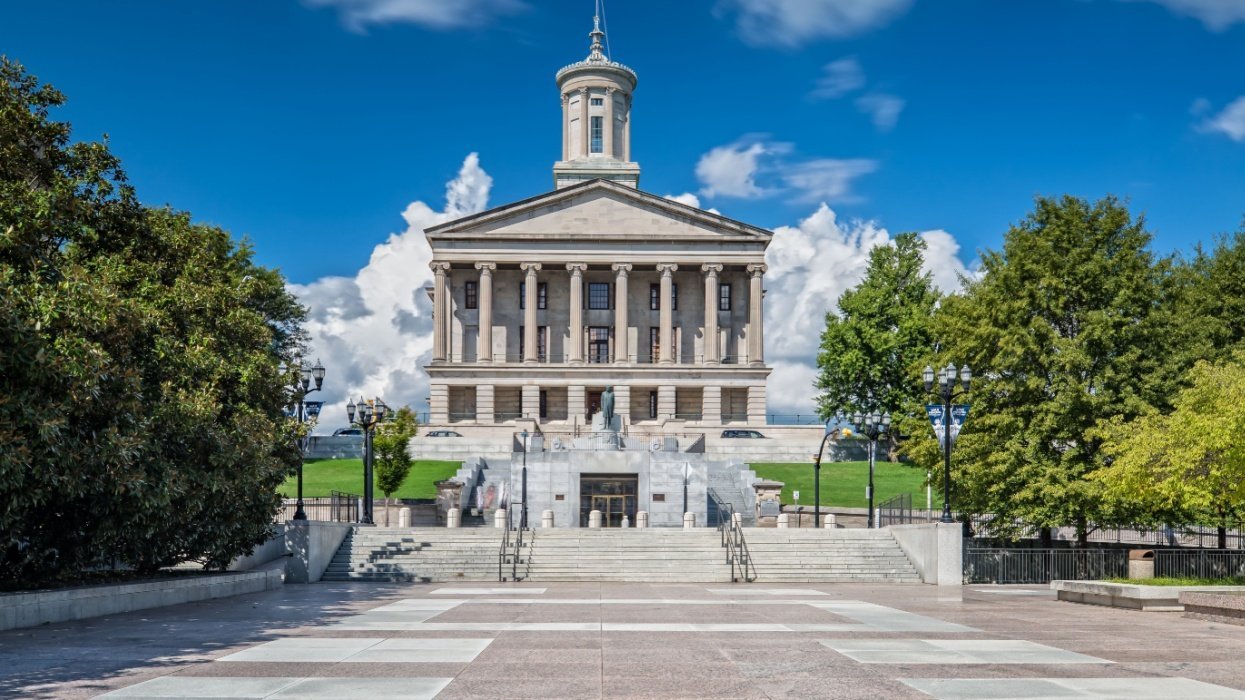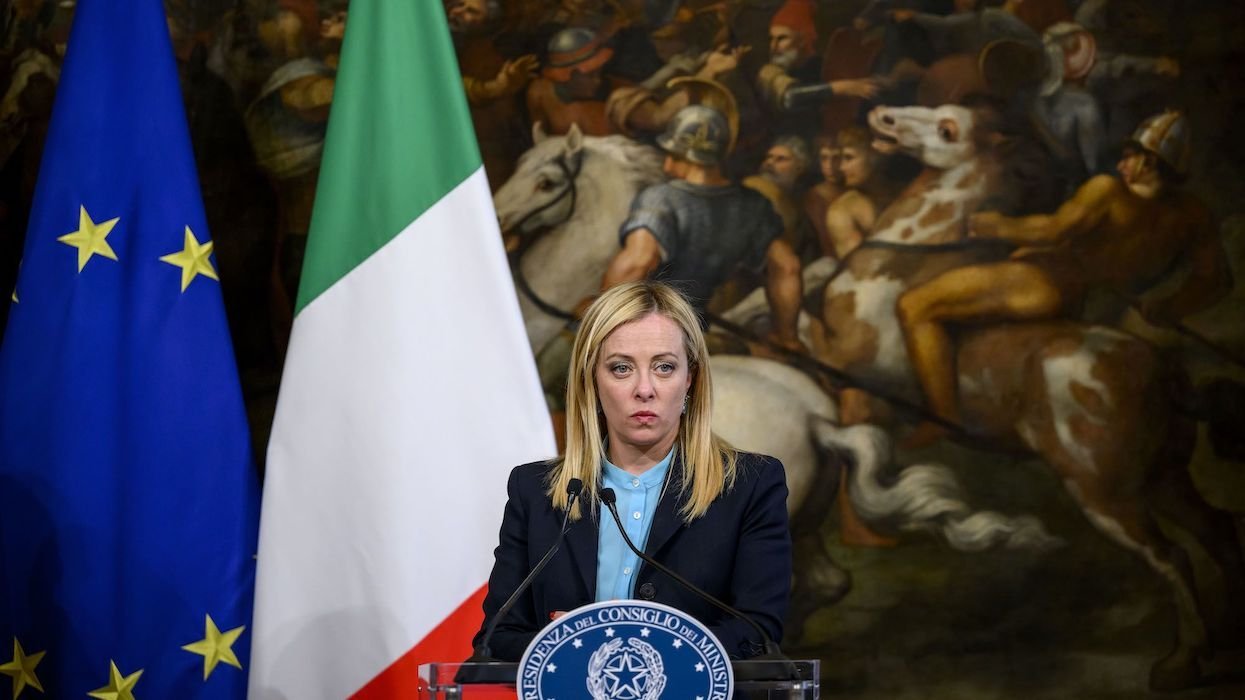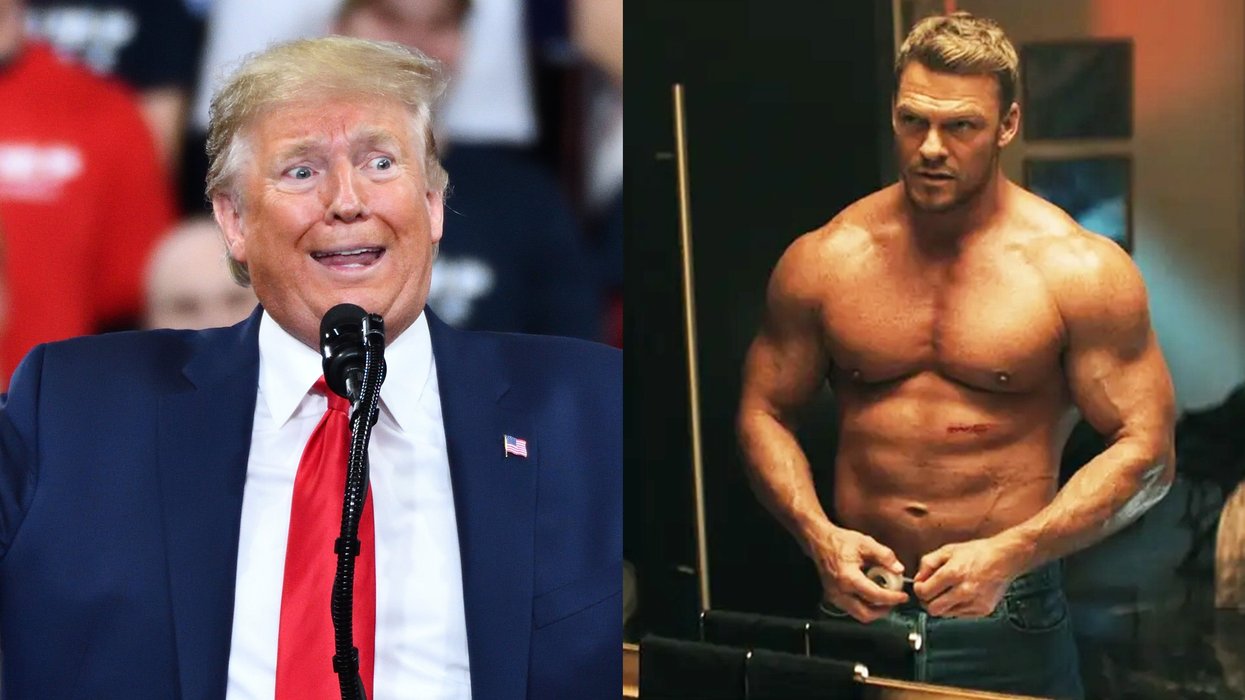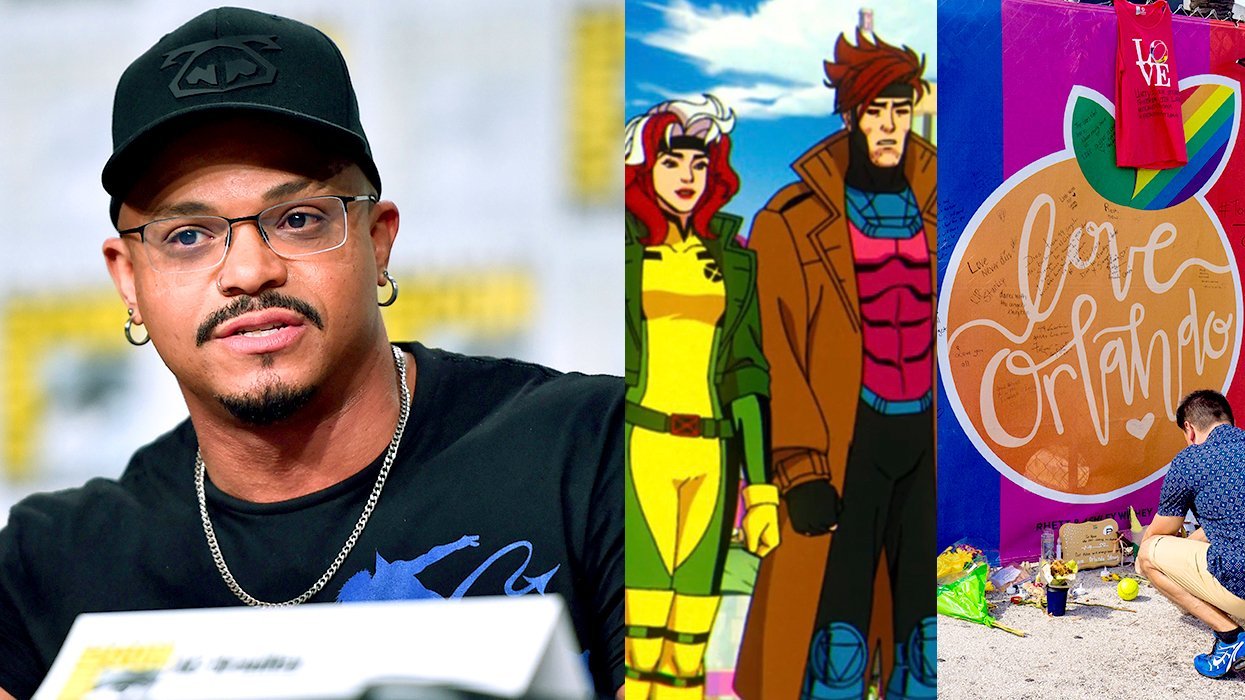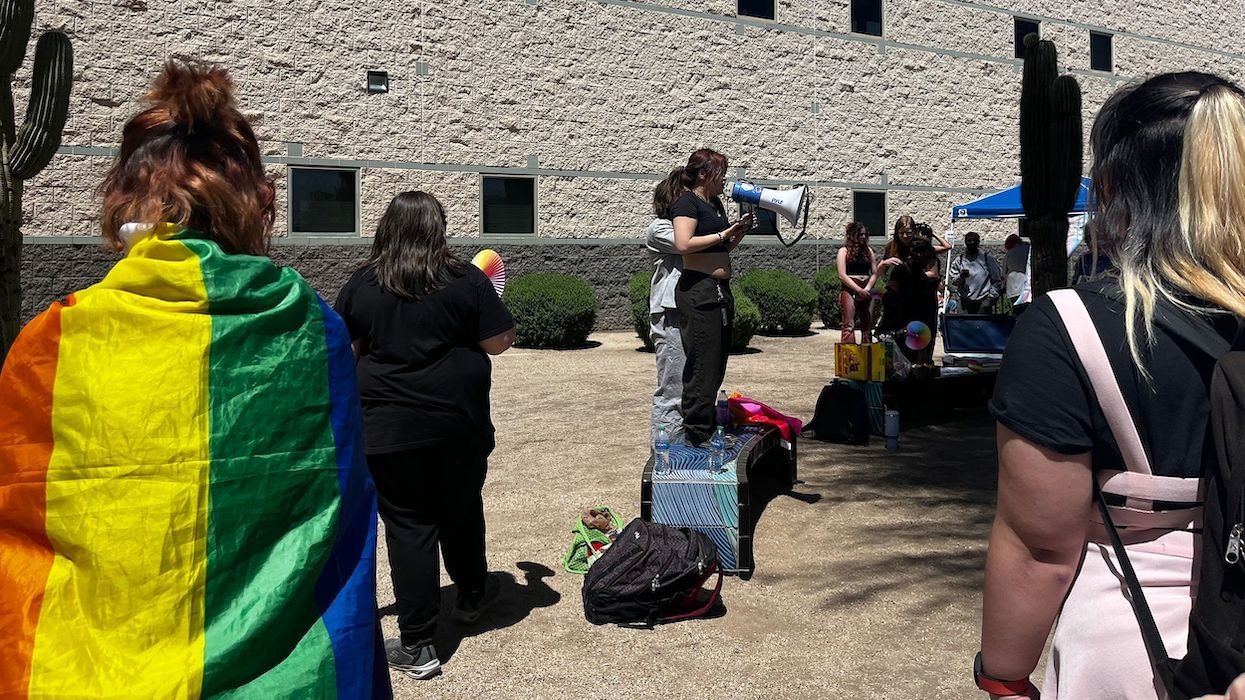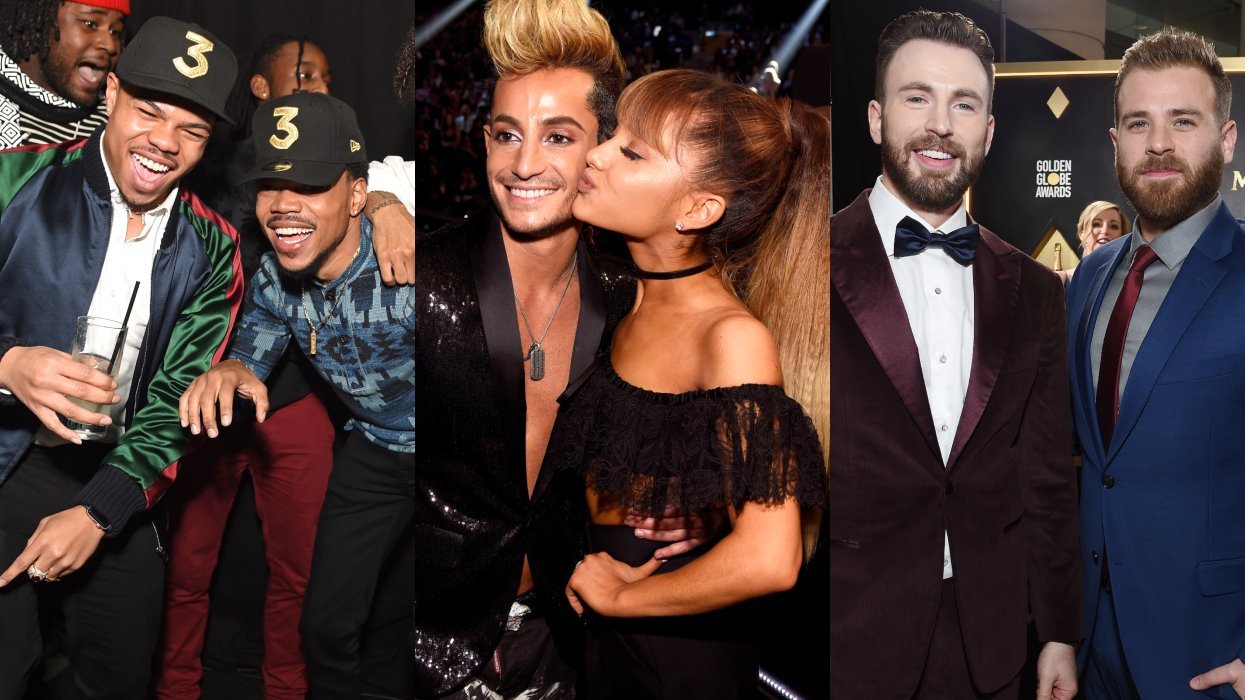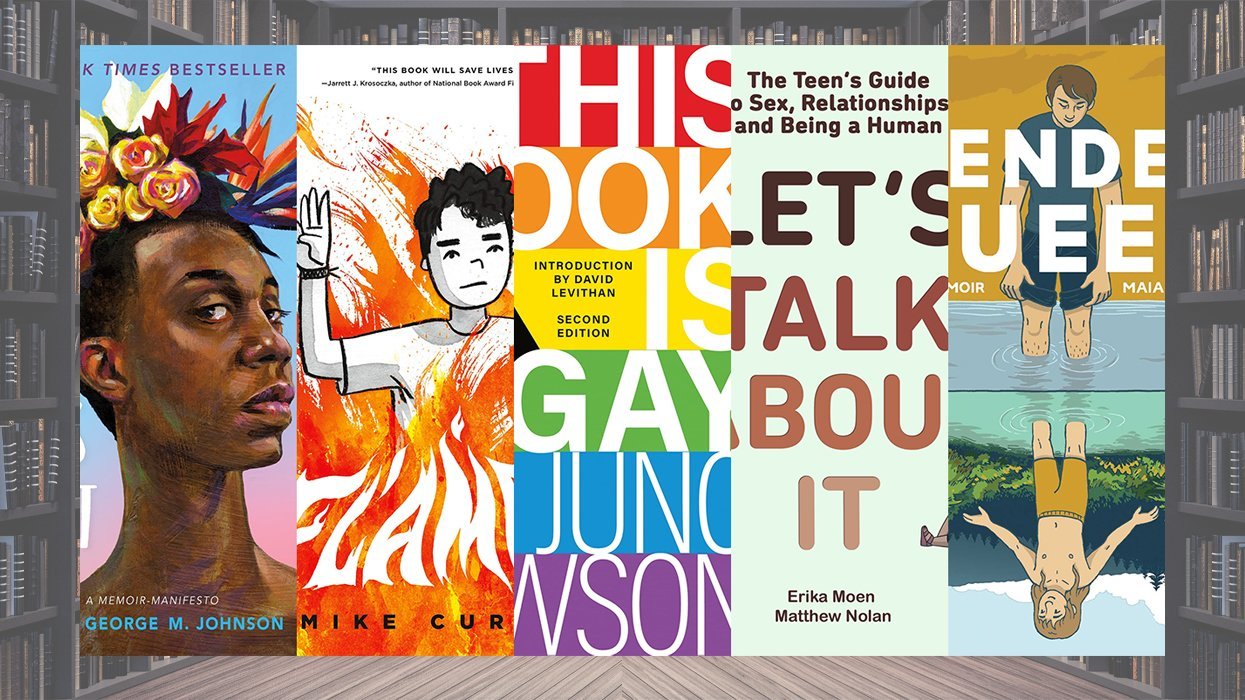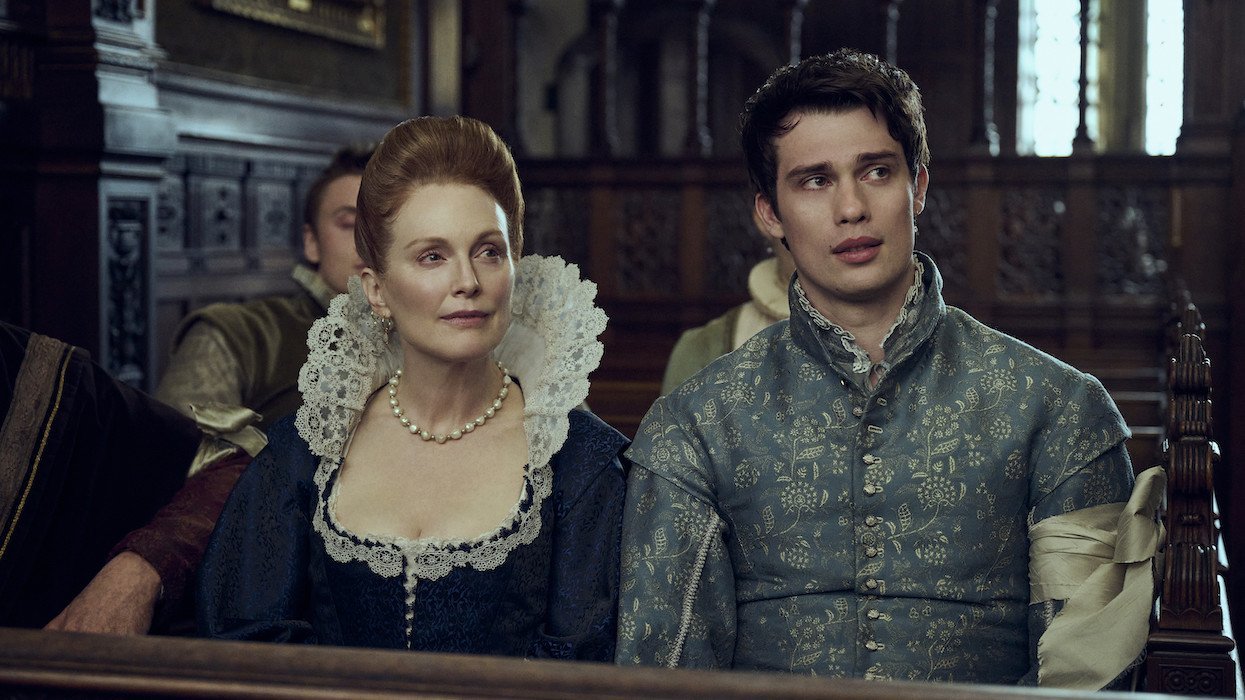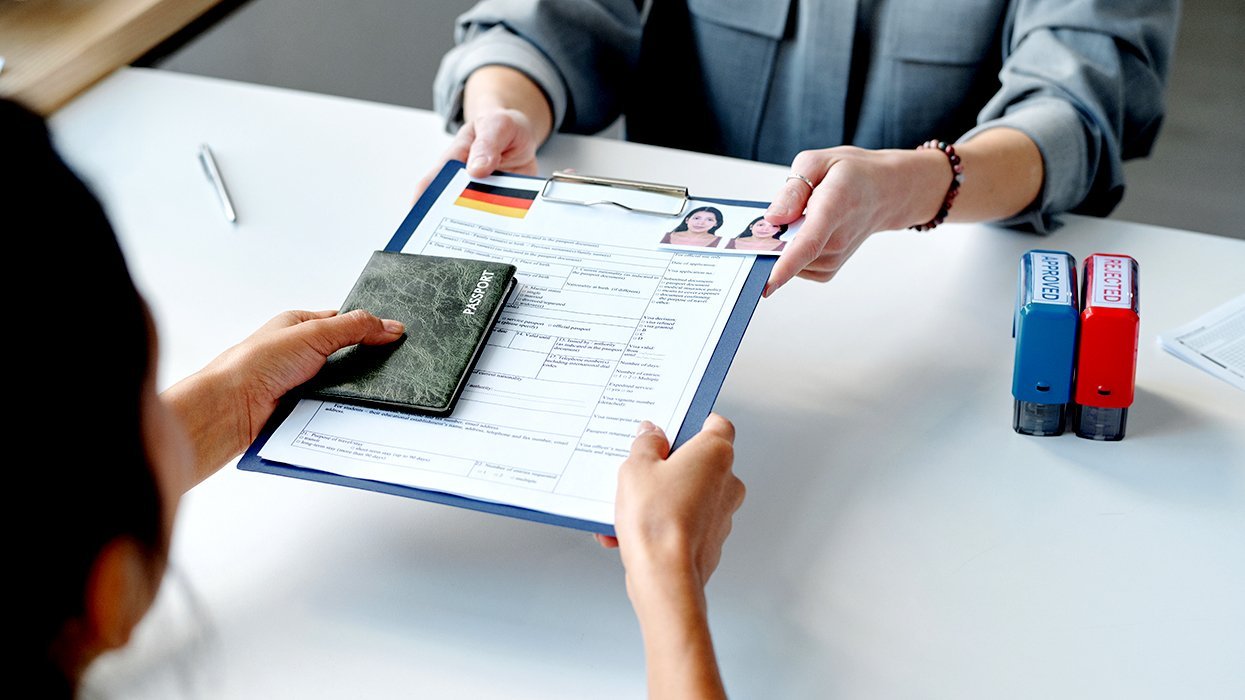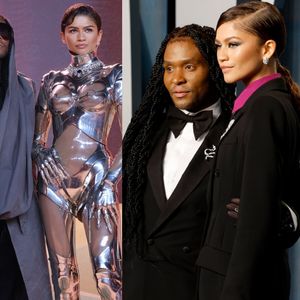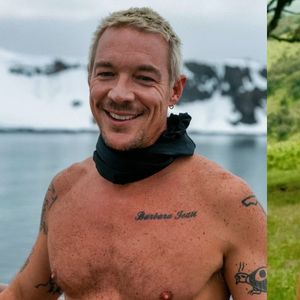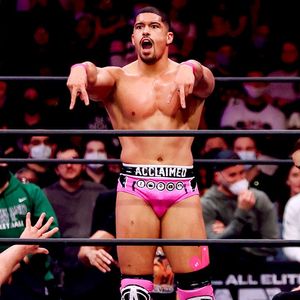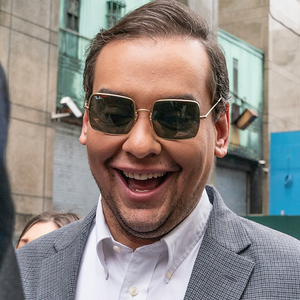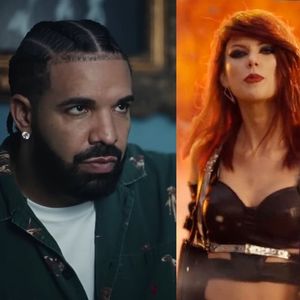CONTACTStaffCAREER OPPORTUNITIESADVERTISE WITH USPRIVACY POLICYPRIVACY PREFERENCESTERMS OF USELEGAL NOTICE
© 2024 Pride Publishing Inc.
All Rights reserved
All Rights reserved
By continuing to use our site, you agree to our Private Policy and Terms of Use.
The rival camps of Sens. Hillary Rodham Clinton and Barack Obama clashed Tuesday over the meaning of Obama's claim in a Democratic presidential debate that he'd be willing to meet with leaders of rogue nations such as Cuba, North Korea and Iran.
Clinton supporters characterized it as a gaffe that underscored the freshman senator's lack of foreign-policy savvy while Obama's team claimed his response displayed judgment and a repudiation of President Bush's diplomacy.
''I would think that without having done the diplomatic spadework, it would not really prove anything,'' former Secretary of State Madeleine Albright said in a conference call with reporters set up by the Clinton campaign.
Obama's team summoned Anthony Lake, who was national security adviser in President Clinton's first term and now serves as a foreign policy adviser to Obama.
''A great nation and its president should never fear negotiating with anyone and Senator Obama rightly said he would be willing to do so -- just as Richard Nixon did with China and Ronald Reagan with the Soviet Union,'' Lake said.
In a memo from Obama spokesman Bill Burton, the campaign contended that Obama's comments played well with focus groups that watched the debate and ''showed his willingness to lead and ask tough questions on matters of war.''
Obama ''offered a dramatic change from the Bush administration's eight-year refusal to protect our security interests by using every tool of American power available -- including diplomacy,'' said the memo.
In Tuesday's two-hour debate from Charleston, S.C., Obama was asked if he would be willing to meet -- without precondition -- in the first year of his presidency with the leaders of Iran, Syria, Venezuela, Cuba and North Korea.
''I would,'' he responded.
Clinton said she would not.
''I don't want to be used for propaganda purposes,'' she said. Her campaign quickly posted video of her answer online, trying to show she has a different understanding of foreign policy than her chief rival.
Obama adviser David Axelrod said on Tuesday that Obama would not just meet blindly with such leaders but only after diplomatic spadework had been accomplished.
Americans ''are sick of the Bush diplomacy and aren't interested in continuing it,'' said Axelrod.
The Obama campaign was quick to point to an April 23 quote from Clinton in which she said, ''I think it's a terrible mistake for our president to say he won't talk to bad people.'' That, Obama representatives said, showed Clinton had changed her position.
Clinton advisers noted that the New York senator's full quote included a line that she would first ''begin diplomatic discussions with those countries'' before such meetings -- same as she said in Monday's debate.
''I never would have gotten out of the debate last night that there was any change in position,'' Albright said.
She emphasized that Obama had said he would meet with such leaders in his first year without preconditions.
''If you look back at real breakthroughs and diplomatic history, what you basically find is that in order to understand where the situation is, to clear the underbrush away, it is necessary to have lower level people make the initial contact,'' Albright said.
In a memo, Clinton spokesman Phil Singer said Obama ''has committed to presidential-level meetings with some of the world's worst dictators without precondition during his first year in office. Senator Clinton is committed to vigorous diplomacy but understands that it is a mistake to commit the power and prestige of America's presidency years ahead of time by making such a blanket commitment.''
Obama representatives also sought to emphasize anew Clinton's initial support for the war, echoing comments by the candidate himself who asserted in the debate: ''The time to ask how we're going to get out of Iraq was before we got in.''
Rival John Edwards, who campaigned in South Carolina on Tuesday, echoed Clinton's comments in the debate.
''I would not commit myself on the front end openly to meet with (Iranian President Mahmoud) Ahmadinejad, (North Korean leader) Kim Jong Il, (Venezuelan President) Hugo Chavez,'' Edwards told reporters in McClellanville, S.C. ''I think there's a real potential that would be used as a propaganda tool.''
Video questions submitted to the hip Web site YouTube shook up the usual campaign debate Monday night. The questions, most of them coming from young people, were blunt and earnest, yet sometimes bizarre.
They included lesbians asking about same-sex marriage, two unrelated parents with sons in Iraq asking about the war, and a snowman asking about global warming.
''He needs help,'' Delaware Sen. Joe Biden said after watching a video of a man holding an automatic weapon and asking how the candidates would protect his ''baby.'' ''I don't know if he's mentally qualified to own that gun.''
The revelations that the questions elicited ranged from the ridiculous to grave discussions of the Iraq war and foreign policy. (Nedra Pickler, AP)
Want more breaking equality news & trending entertainment stories?
Check out our NEW 24/7 streaming service: the Advocate Channel!
Download the Advocate Channel App for your mobile phone and your favorite streaming device!
From our Sponsors
Most Popular
Here Are Our 2024 Election Predictions. Will They Come True?
November 07 2023 1:46 PM
17 Celebs Who Are Out & Proud of Their Trans & Nonbinary Kids
November 30 2023 10:41 AM
Here Are the 15 Most LGBTQ-Friendly Cities in the U.S.
November 01 2023 5:09 PM
Which State Is the Queerest? These Are the States With the Most LGBTQ+ People
December 11 2023 10:00 AM
These 27 Senate Hearing Room Gay Sex Jokes Are Truly Exquisite
December 17 2023 3:33 PM
10 Cheeky and Homoerotic Photos From Bob Mizer's Nude Films
November 18 2023 10:05 PM
42 Flaming Hot Photos From 2024's Australian Firefighters Calendar
November 10 2023 6:08 PM
These Are the 5 States With the Smallest Percentage of LGBTQ+ People
December 13 2023 9:15 AM
Here are the 15 gayest travel destinations in the world: report
March 26 2024 9:23 AM
Watch Now: Advocate Channel
Trending Stories & News
For more news and videos on advocatechannel.com, click here.
Trending Stories & News
For more news and videos on advocatechannel.com, click here.
Latest Stories
Tennessee Senate passes bill making 'recruiting' for trans youth care a felony
April 14 2024 11:17 AM
Italy’s prime minister says surrogacy ‘inhuman’ as party backs steeper penalties
April 14 2024 10:36 AM
After decades of silent protest, advocates and students speak out for LGBTQ+ rights
April 13 2024 10:52 AM
11 celebs who love their LGBTQ+ siblings
April 13 2024 10:33 AM
The 10 most challenged books of last year
April 13 2024 10:06 AM
Mary & George's Julianne Moore on Mary's sexual fluidity and queer relationship
April 13 2024 10:00 AM
Investigation launched after man screams homophobic slurs at queer couples on D.C. metro
April 13 2024 9:59 AM
Germany makes it easier to change gender and name on legal documents
April 12 2024 6:06 PM
Trending stories
Most Recent
Recommended Stories for You














